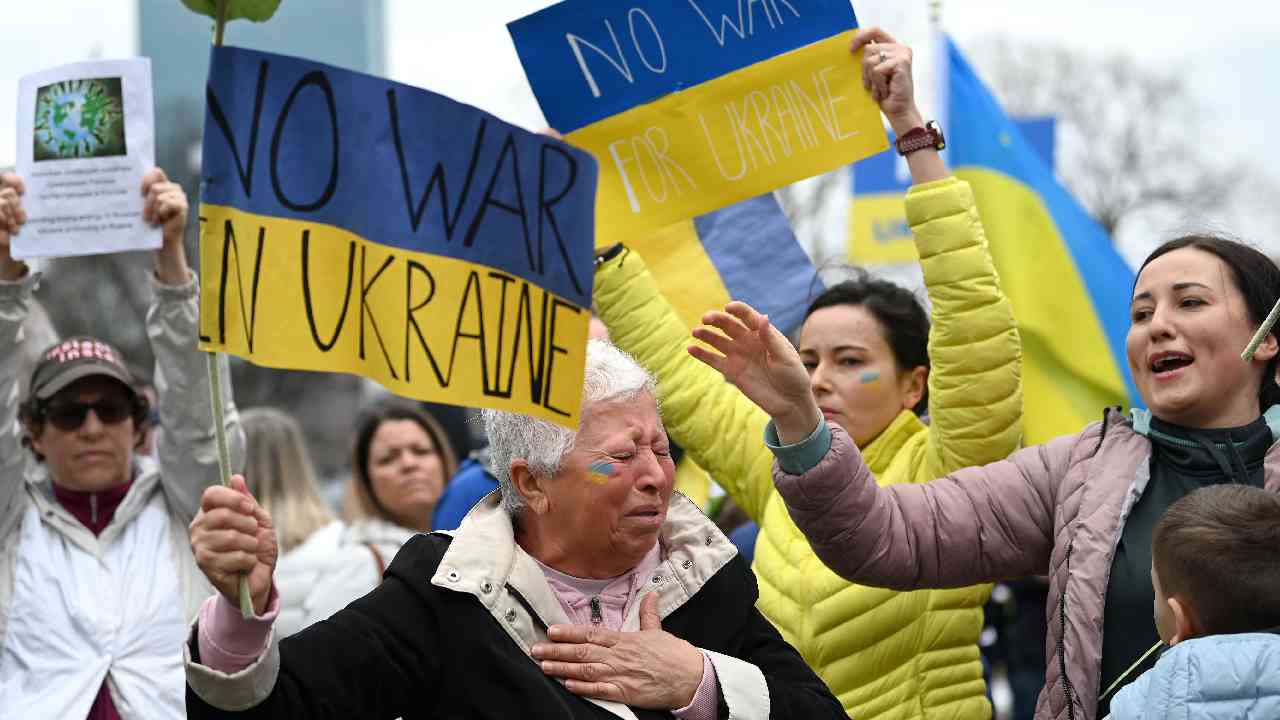United Nations Secretary-General António Guterres called on Sunday for a pause in fighting to allow civilians to escape conflict zones in Ukraine, as the UN rights body (OHCHR) announced it had recorded 1,123 civilian casualties since the beginning of Russia’s armed attack on the country.
In a tweet, the UN chief said it is absolutely essential to establish a pause in the fighting that continues unabated in Ukraine, to allow for the safe passage of civilians from all conflict zones, and also to ensure that life-saving humanitarian aid, such as the UN supplies that began arriving on
António Guterres singled out the cities of Mariupol, Kharkiv and Sumy as hotspots where civilians are at particular risk. Attempts to allow some 2,00,000 civilians to safely leave Mariupol to continue to be thwarted, with the International Committee of the Red Cross (ICRC) reporting “devastating scenes of human suffering” in the city.
The ICRC reported on Sunday that, while their teams remain on standby to help with the evacuation, they need security guarantees to operate. These guarantees have so far not been forthcoming, with the organisation calling on the warring parties to agree to specific terms that would allow for safe passage out of the city.
OHCHR said that 1,123 civilian casualties in Ukraine have been verified: 364 killed, including 25 children, and 759 injured. Most of the casualties have been caused using explosive weapons with a wide impact area, including shelling from heavy artillery and multi-launch rocket systems, and missile and airstrikes. OHCHR believes that the real figures are considerably higher.
Filippo Grandi, the UN High Commissioner for Refugees, noted that more than 1.5 million people have crossed into neighbouring countries in just 10 days. In a tweet on Sunday, he said that the Ukraine conflict has created the fastest-growing refugee crisis since the Second World War.
Another UN agency, World Health Organization (WHO) also released its first Ukraine situation report on Saturday. Outlining its health priorities for the country, the WHO said mental health care, due to “significant stress due to acute conflict”, and conflict-related trauma and injuries, impaired by lack of access to health facilities due to insecurity has been badly affected.
The health agency is concerned about excess death from common illnesses, due to disruption in services, acute maternal, newborn and child illnesses, and the spread of infectious diseases such as COVID-19, measles, polio, TB and HIV. Diarrhoeal diseases are also a priority because of the widespread destruction of water and sanitation infrastructure, insufficient vaccination, people movements and crowding.


























